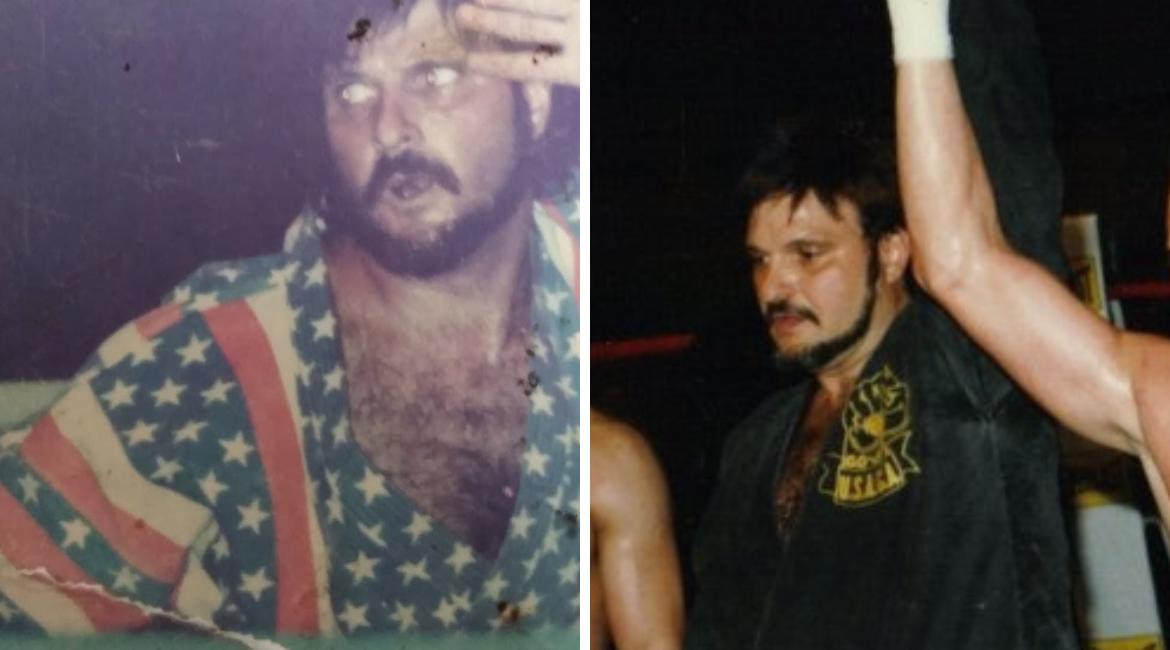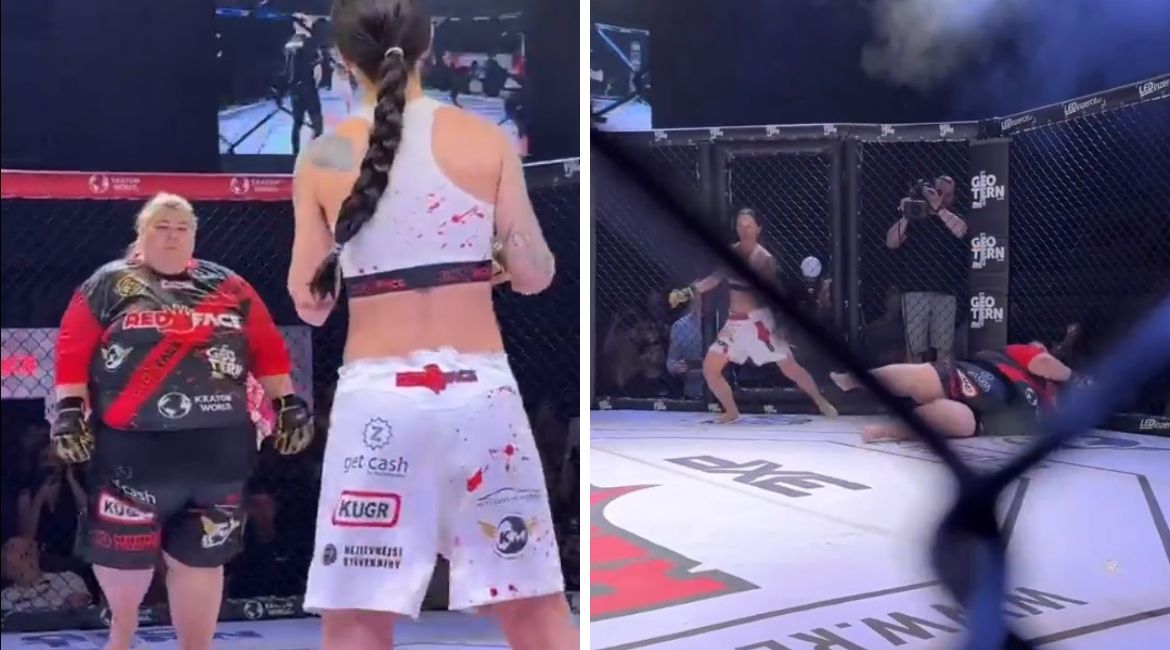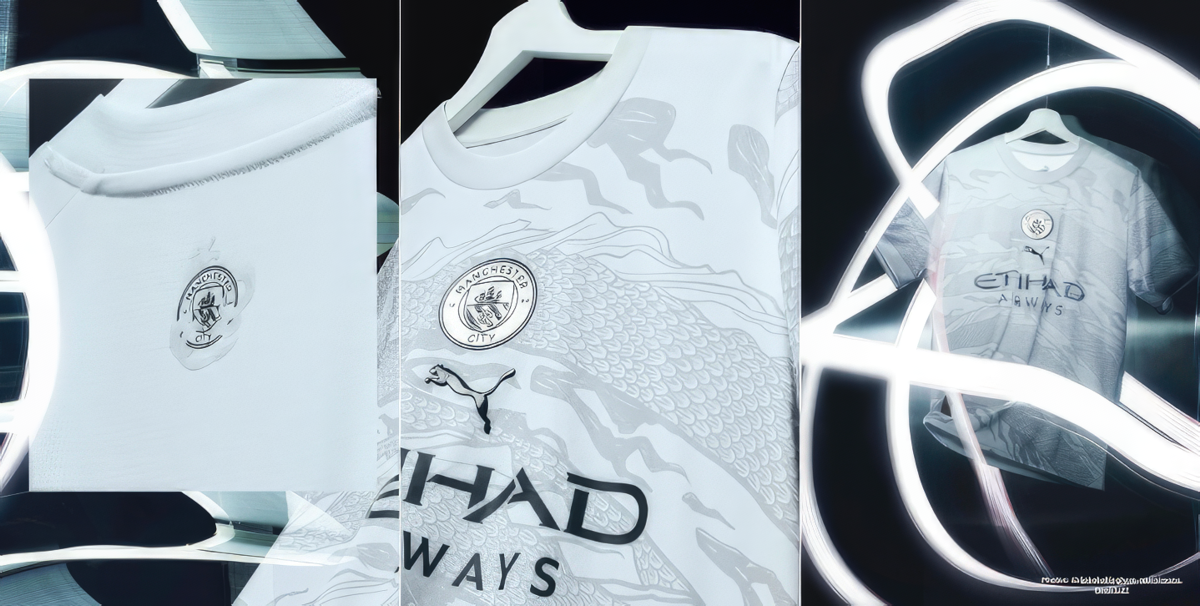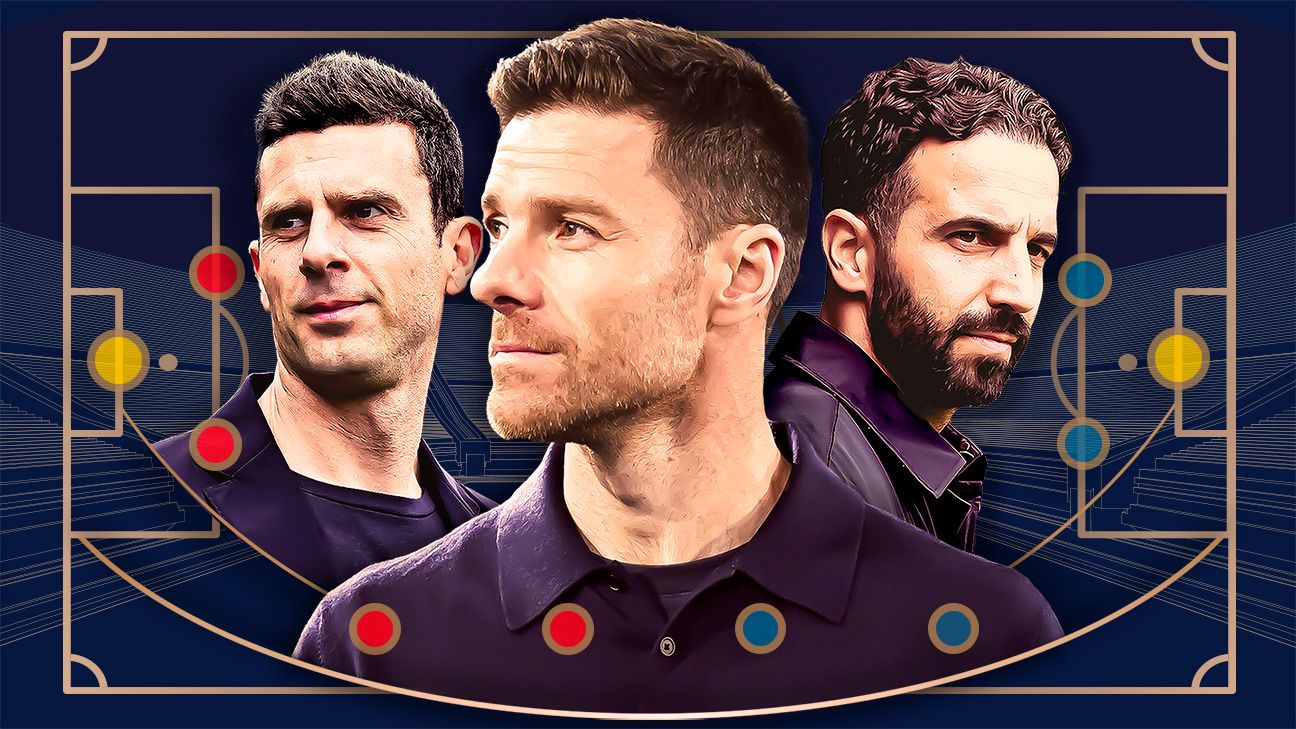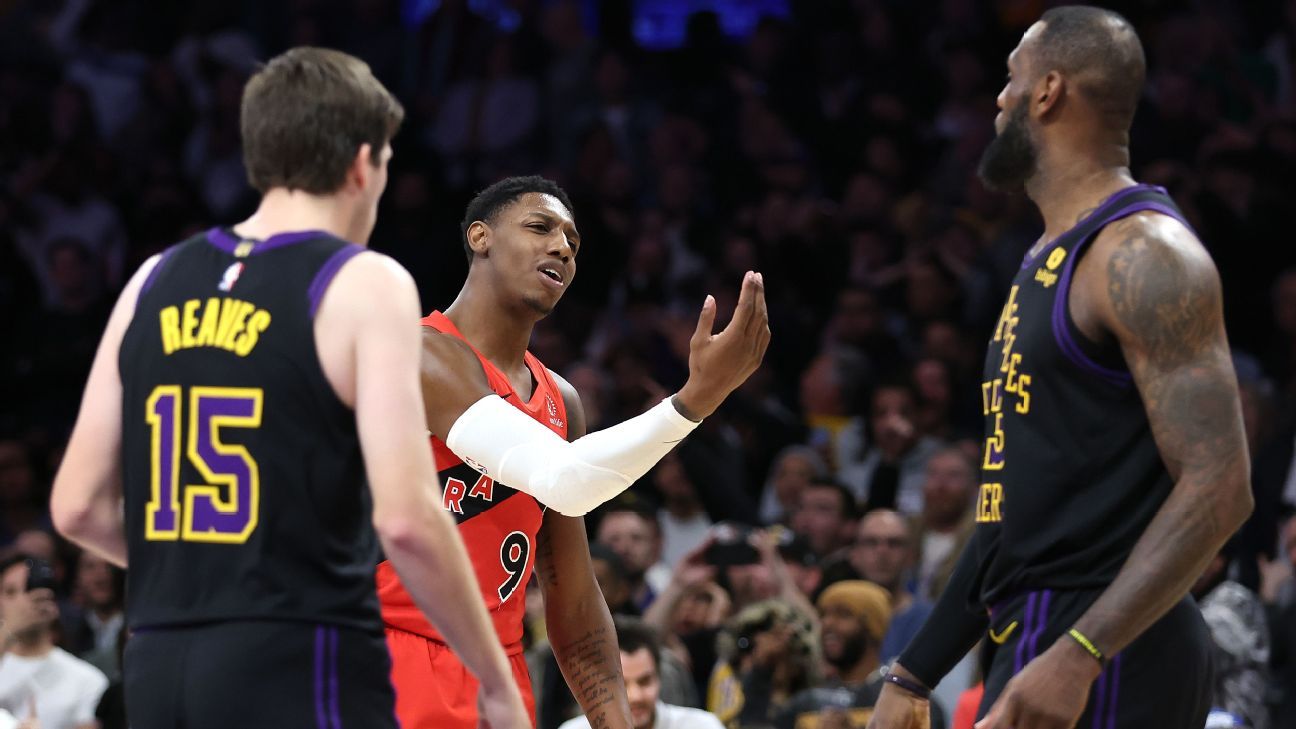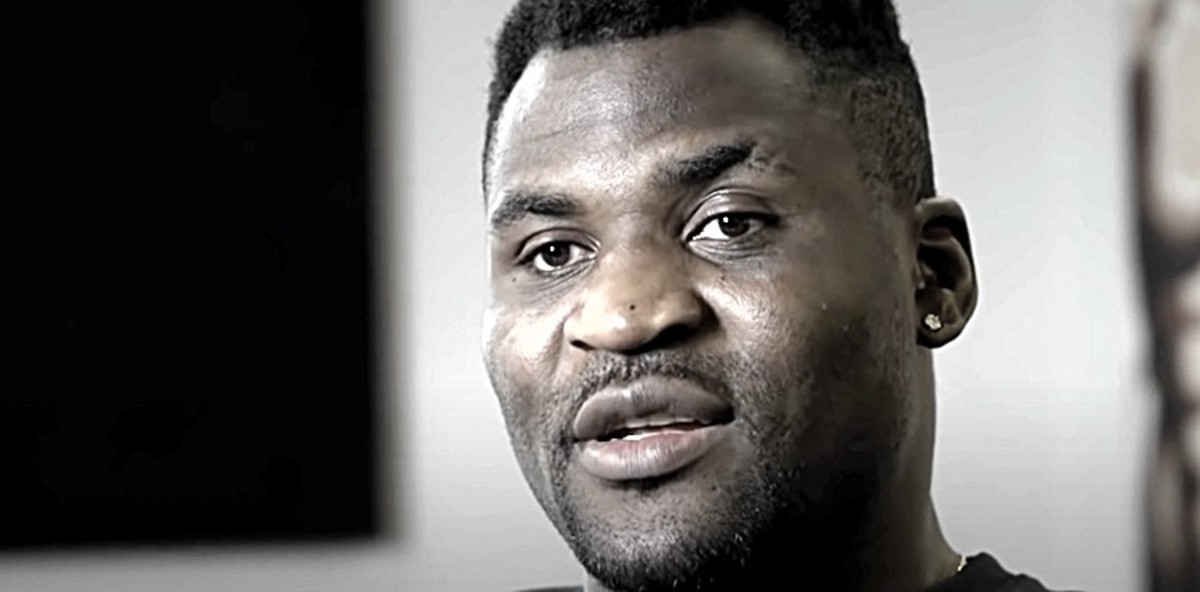ROYCE LEWIS, the Minnesota Twins’ magnetic, oft-injured star, just lately returned from one other extended absence and has been producing like one of many recreation’s greatest gamers. On Thursday afternoon, he cranked his ninth house run in 15 video games, setting a franchise document, energizing a fan base and preserving the Twins inside hanging distance within the American League Central. However Minnesota residents with Comcast subscriptions had been unable to observe it — or virtually any of the Twins’ 47 video games for the reason that begin of Could.
Seven and a half weeks in the past, Comcast pulled the entire Diamond Sports activities Group channels off its airwaves after the 2 sides did not agree on a brand new contract, a circumstance so fraught it triggered an open letter from Minnesota-based Sen. Tina Smith urging Comcast to “return to negotiations and repair this.”
Editor’s Picks
2 Associated
“My constituents,” wrote Smith on June 5, “are livid.”
Main League Baseball can solely sit again and watch all of it unfold via gritted tooth.
An business that — via commissioner Rob Manfred — has continuously touted the significance of attain has had its scope considerably truncated and might hardly do something about it. Comcast clients who reside within the markets the place every of Diamond’s 12 baseball groups play have been shut out for almost two months and can doubtless proceed to be all season, with followers of the Twins, Atlanta Braves and Detroit Tigers — three golf equipment residing in areas the place Comcast is most prevalent — amongst these most affected.
A high-ranking league government, talking on the situation of anonymity this month, referred to as the Comcast state of affairs “brutal” and lamented the chance that, in his thoughts, nothing will change within the close to future — Comcast will not transfer off its calls for, exclusivity provisions will not enable MLB to supply a streaming choice for native followers and Diamond Sports activities Group will not make up for the lack of income.
In about 5 weeks, it may all come to a head.
A affirmation listening to is scheduled for July 29-30, at which level a chapter decide may decide whether or not Diamond, which runs the regional sports activities networks (RSN) for 38 MLB, NBA and NHL groups beneath the title Bally Sports activities, will transfer ahead as a enterprise or shut down totally. It is a choice that would expedite drastic adjustments in a quickly evolving media panorama and one that may have a serious impression on MLB’s strongly held want to position media rights beneath a nationwide umbrella.
Earlier than attractive a accomplice like Amazon, Netflix, Hulu or ESPN+, the league says it wants the rights — blackout free, with out the territorial exclusivity tied to conventional RSN offers — for someplace within the neighborhood of 15 groups, in line with sources. And that is solely potential if Diamond does not emerge from chapter.
DIAMOND’S CHANCES DRAMATICALLY improved in mid-January when it introduced a restructuring assist settlement that included partnering with Amazon for its streaming capabilities. Its prospects then took a serious hit on Could 1, when Diamond did not safe a cope with Comcast, its third-largest distributor. In accordance with sources, the deal fell aside as a result of Comcast wished to position Diamond groups on a better, dearer tier. Six weeks later, the 2 sides stay at an deadlock, with no indicators that something will change.
MLB officers have spent the previous 15 months bristling at Diamond, angered by the volatility that has created uncertainty over whether or not the league’s groups can be paid and overtly skeptical about Diamond’s long-term viability. The previous few weeks in chapter court docket have seen representatives from MLB, the NBA and the NHL specific frustration over a ignorance about Diamond’s financials, notably because it pertains to its offers with distributors, prompting what amounted to a discovery combat.
Not one of the leagues appear to consider Diamond can stay a sustainable enterprise with out Comcast.
“I feel it is essential, from the attitude of Main League Baseball, to know precisely how devastating it’s to lose carriage on Comcast,” MLB lawyer James Bromley mentioned in chapter court docket on Could 15.
“Diamond, in our view, does not seem to have a viable marketing strategy come this fall,” NBA lawyer Vincent Indelicato mentioned over the past standing convention in chapter court docket on June 4. “And that is very regarding as we method the start of our season in just a few months.”
Diamond just lately requested to maneuver its affirmation listening to from mid-June to the tip of July largely to purchase extra time to barter offers with the NBA and the NHL, each of which had been in a position to primarily take their digital rights again on the conclusion of the 2023-24 season. However the later date now bleeds uncomfortably near the beginning of their upcoming seasons, ratcheting up the stress. Additional complicating issues is the chance that Decide Chris Lopez delays his ruling in order that the corporate can type via excellent points with its reorganization plan.
As NHL lawyer Shana Elberg mentioned June 4: “Time is of the essence.”
Diamond has defended its viability by noting it has secured long-term offers with 10 of its 12 greatest distributors, together with the 2 largest, DirecTV and Constitution. A supply aware of Diamond’s state of affairs mentioned it has additionally agreed to phrases on a brand new naming rights cope with FanDuel, one that will enable the net playing big to function Diamond’s direct-to-consumer platform on its web site. (If allowed to emerge from chapter, the title of Diamond broadcasts will swap from Bally to FanDuel on the finish of the present MLB common season.)
The corporate’s pitch to the leagues is straightforward: In an ever-changing media panorama rife with uncertainty, it affords one thing of great worth — assured, multiyear distribution income groups can rely on, the sort they may not be capable of replicate by branching out on their very own.
Corporations similar to Diamond “created what for fairly a very long time was a juggernaut that produced ever-higher rights charges for groups and leagues and on the similar time broad distribution and demanding mass,” mentioned Ed Desser, a longtime tv government who’s now president of the media consulting agency Desser Media. “There is not any query that organizations like these supplied a service for fairly a very long time. The query now could be, ‘Has the pendulum swung as far as to mitigate that worth?’ And there are variations of opinions. That is not solely a operate of the place you sit, but additionally a operate of what you assume by way of subscribers, distributors, programming, and so forth.”
IF DIAMOND EMERGES from chapter, MLB groups would merely preserve their preexisting RSN offers. A few of them lengthen into the 2030s and pay as a lot as 9 figures on an annual foundation. It is the kind of income that might be troublesome, if not unattainable, to copy elsewhere, in line with business consultants, which is why Manfred has continuously acknowledged a choice for groups to receives a commission via the lifetime of their contracts.
That’s the very best state of affairs, however one the league seemingly not considers possible. The worst-case state of affairs is not that these contracts disappear, however reasonably, that Diamond emerges on unstable floor, prompting extra of the identical uncertainty that clouded final offseason and, if homeowners proceed to quote unstable RSN offers as an excuse for not spending, appears destined to stain the following one.
Someplace between these two extremes lies MLB’s pivot plan — housing all media rights beneath one umbrella, reasonably than having groups reduce RSN offers on their very own. The method would come with sustaining a conventional linear-cable product whereas additionally bringing in a serious streaming firm that will function MLB’s digital house. Via this, MLB officers say, blackouts would stop and among the current-day fragmentation that has annoyed followers would dissolve. It is a plan some contemplate overly optimistic, full of a whole lot of transferring elements — and it would work provided that all 30 groups in the end be a part of.
“There’s in all probability going to be like 25 groups that finally go together with it,” a high-ranking government of a midmarket group mentioned, “after which there will be like 5 others who’re going to be a very robust promote.”
MLB presently holds the broadcasting and streaming rights for the San Diego Padres and Arizona Diamondbacks, each of whom Diamond reduce final 12 months, in addition to the Colorado Rockies, who misplaced their RSN deal when AT&T SportsNet Rocky Mountain ceased enterprise operations in October. The Texas Rangers, Cleveland Guardians and Twins, who negotiated one-year offers with Diamond in February, may be a part of them over the offseason.
However big-market groups just like the New York Yankees, Boston Pink Sox and Los Angeles Dodgers, amongst a handful of others, have various levels of possession stakes of their RSNs and make considerably greater than different golf equipment in native media. Many are skeptical that these groups would have any curiosity in finally sharing their income beneath a nationwide mannequin. However others counter that they may finally haven’t any selection; the standard cable mannequin that for years propped up income is crumbling in every single place, at various speeds.
Diamond’s destiny will play an enormous half in figuring out the tempo.










